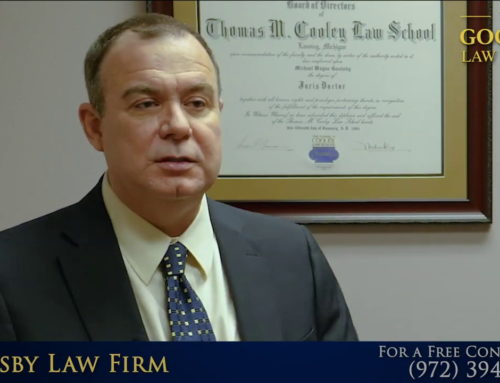 What is a hate crime?
What is a hate crime?
Under Texas law, a hate crime is any crime that is motivated by prejudice, hatred or advocacy of violence. Under federal law, hate crimes are crimes that manifest evidence of prejudice based on race, religion, sexual orientation, ethnicity or disability.
Are Hate Crime Convictions Common?
It seems like we hear about hate crimes every day in the news, but actually, it’s fairly rare for a person to be convicted of a hate crime. From 2001 to 2012, only 10 cases ended in hate crime convictions in Texas. Why do incidents that seem to be clear-cut hate crimes rarely end in a hate crime conviction?
In many cases, it’s just too difficult to prove dead-on that a crime was committed due to hate. Motivations for crime are often complex. It’s hard to prove beyond a reasonable doubt that prejudice was the prevailing factor in a crime. Additionally, some prosecutors believe that there is not enough payoff for getting a hate crime conviction. This is because most serious crimes, like aggravated assault, already have a maximum punishment of 99 years in prison. Adding a hate crime charge on top of those crimes does not really affect the outcome of the case.
However, some still believe that there is value to charging a person with a hate crime. It makes a statement to the community that certain behaviors are not to be tolerated. In situations where the defendant is ever released from prison, the parole board might be able to enforce stricter conditions upon the convicted person to prevent them from reoffending.
Our Texas criminal defense law firm serves clients throughout the Dallas-Fort Worth Metroplex, including Allen, Arlington, Carrollton, Denton, Irving, McKinney and Plano.







